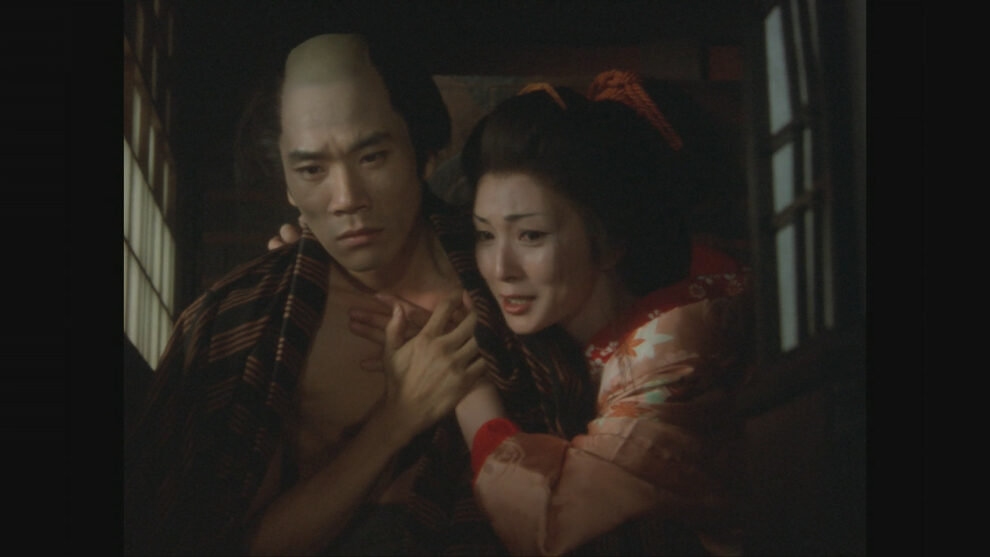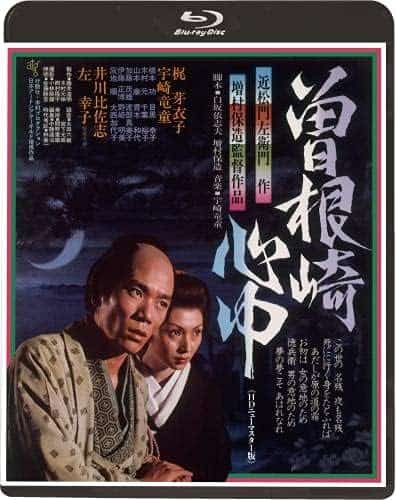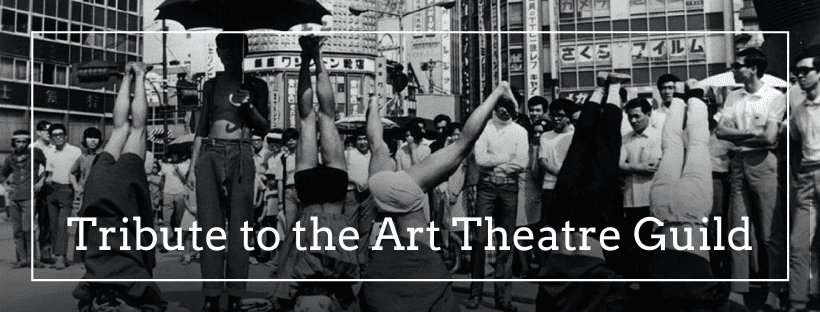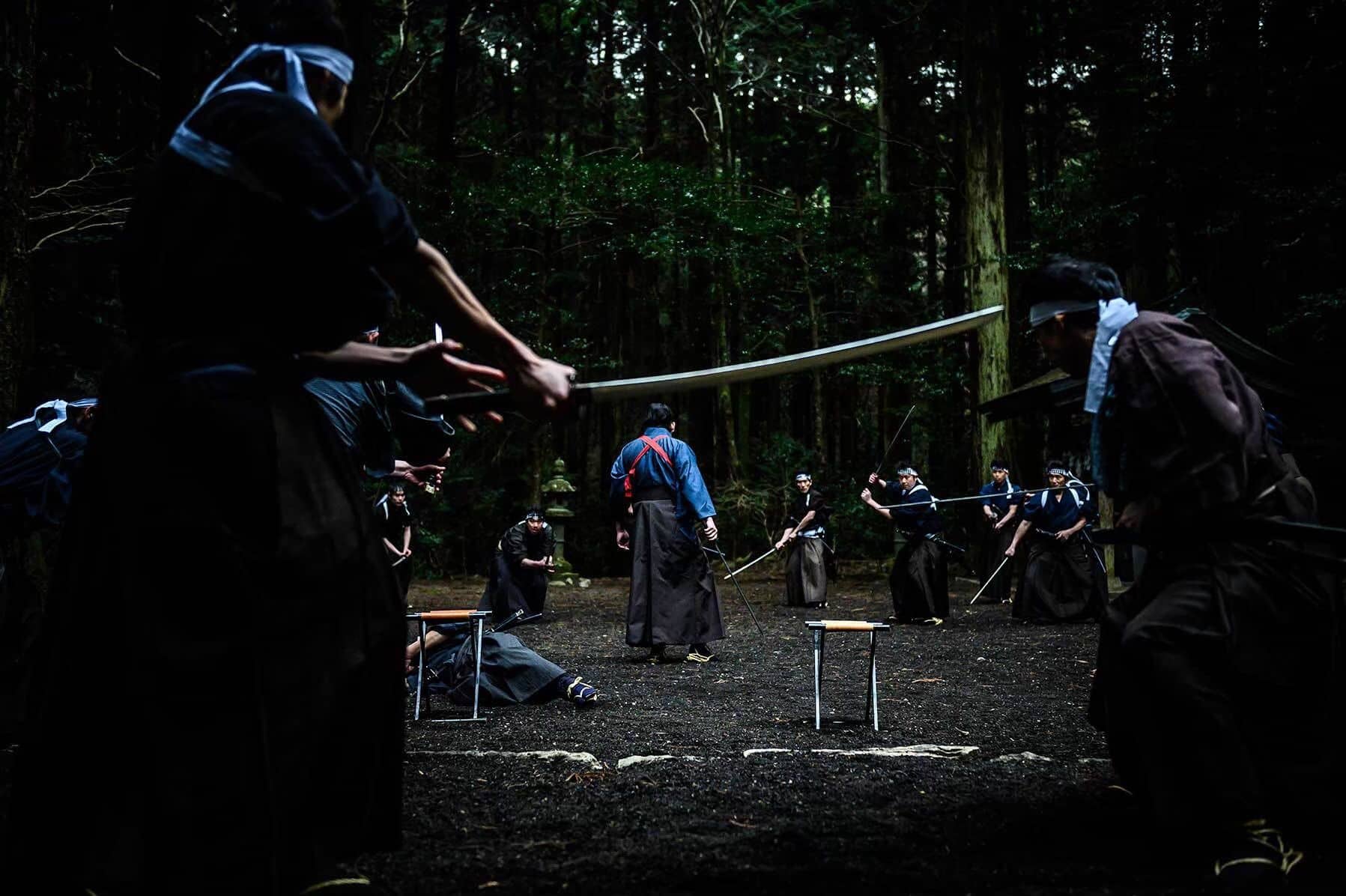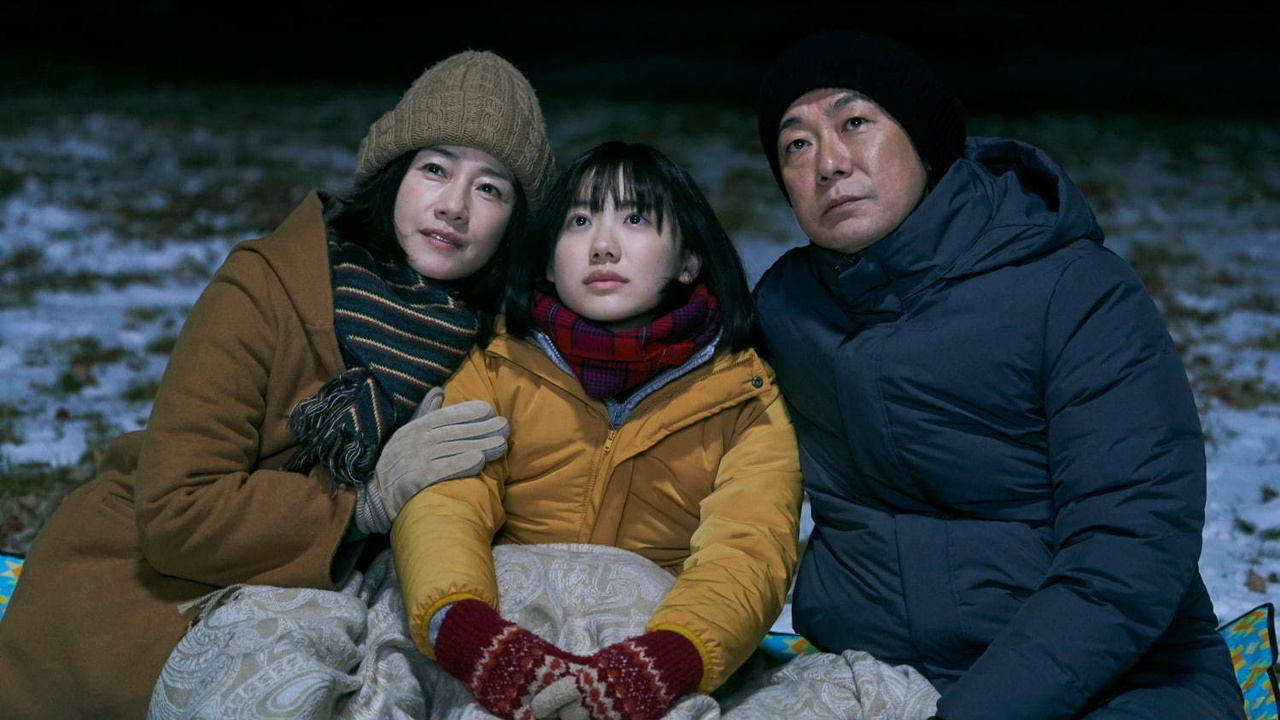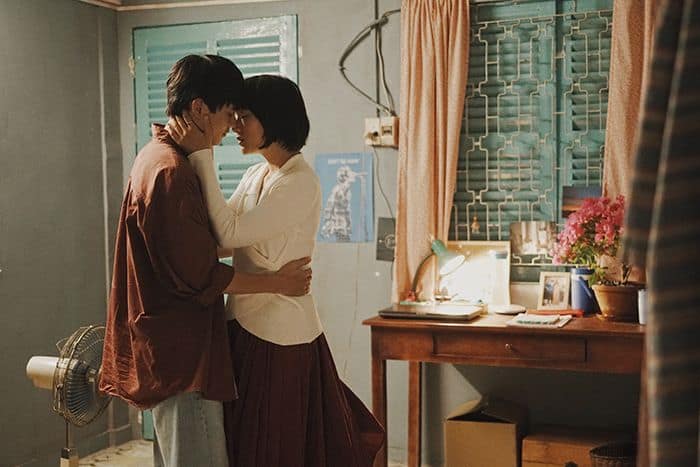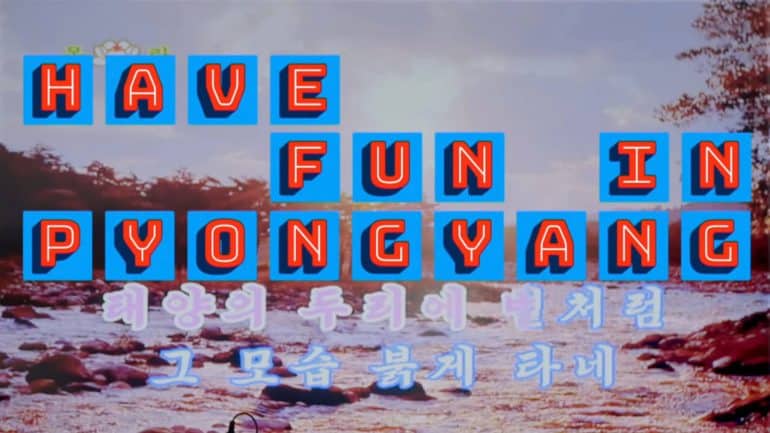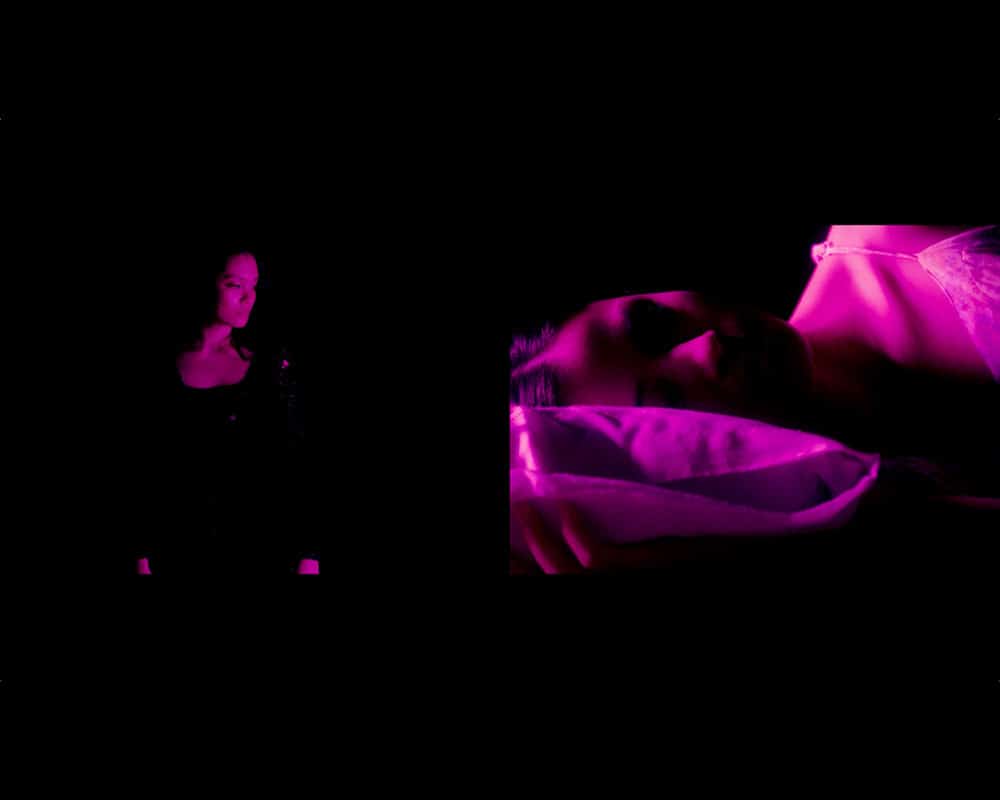“The Love Suicides at Sonezaki” is a joruri play by the Japanese playwright Chikamatsu Monzaemon. The double suicides that occurred on May 22, 1703 inspired Chikamatsu to write this play which made its debut performance on June 20, 1703. Chikamatsu added new scenes in the 1717 revival including the villain's punishment. The reception was rather positive and helped springboard Chikamatsu's future success as a playwright. In the first year alone since the play's premiere, no less than seventeen couples committed double suicide, leading the government to ban it in 1722. The film has been adapted many times on the big screen but Masumura's version is considered the best. For Meiko Kaji, who took the role with no guarantee of payment, this is considered her best performance, netting her awards from Blue Ribbon, Kinema Junpo, Mainichi and Hochi, and a nomination from the Japanese Academy.
Tokubei, an orphan essentially raised by his boss who owns a soy shop, and his money loving stepmother, is in love with Ohatsu, a prostitute, who even pays for his visits from her own pocket, since the young man has no money himself. The two want to get married, but the whole world seems to be against them. Tokubei's boss wants to get him married with his wife's niece, and move him to Edo where he will open a new branch of the business, and thus, he is enraged when he turns the proposal down for the sake of a prostitute. He even demands a large sum he has given to him over the years, which Tokubei eventually manages to take away from his bitter stepmother, who essentially disowns him, enraged for giving the money back.
Ohatsu, on the other hand, has received a proposal from a wealthy man in Osaka to be his mistress, who has offered to buy her debts from the owner of the brothel she works in. Expectedly, he is equally enraged when he learns of her will to marry the penniless Tokubei. Even worse, Tokubei decides to loan the money he just received to a friend, Kuheiji, who soon is proven a crook, not only declining to pay back but even having his men beat Tokubei to a pulp. As time passes, and no hope comes to the fore, the couple decide to take their lives.
Yasuzo Masumura highlights his directorial abilities once more, by coming up with a movie that is equally theatric, melodramatic, violent, and comedic, with a pinch of eroticism here and there, which never goes too far though. The first element can be easily found in the performances, all of which are quite fittingly over the top, with the two protagonists standing particularly out. Meiko Kaji looks gorgeous as Ohatsu, and brings in a tension that is only matched by an underlying insanity and the whole concept of the “good prostitute” which is presented in the most eloquent and hyperbolic way, on par with the movie's overall aesthetics. Ryudo Ozaki, a rock star in his first major real movie is equally good in his growing frustration, with the way he finally erupts against Kuheji only to be severely punished, being his and one of the movie's high points.
The melodrama derives from the overall story, with the two protagonists being inherently good, but finding constant obstacles in their will to be together, most of which have to do with their lack of money, in an element that connects the film with Masumura usual critique of society, although this aspect is quite toned down here. That despite their good intentions, everything goes from bad to worse for them, with very few moments of relief, also moves into the same direction, as much as the titular ending. It is this element that also connects the story with the violence aspect, with the punishment the two face being quite brutal, and even excessive in its lengthiness on occasion, as in the aforementioned scene, with roughly the same happening in the finale, although much more briefly. Brief moments of nudity, mostly of Kaji, add a slightly erotic element in the movie, but the surprise factor comes from ]Masumura managing to include moments that are bound to make his audience laugh, even among all the aforementioned elements, in definitely one of the best aspects of his direction here.
Check also this interview
The theatrical aesthetics actually extend to the production values. Setsuo Kobayashi uses 4:3 ratio, mostly frontal shots, very few close ups and a raw artificiality in his images also dictated by Toshiaki Manki's costumes and Shigeo Mano's art direction, as much as the rather vivid coloring. Tatsuji Nakashizu's editing, on the other hand, results in a rather fast pace that gives the move a more cinematic note, as much as the electric guitar soundtrack, which was actually implemented by Uzaki. The many cramped spaces presented throughout mirror the suffocation the protagonists feel in the best fashion, cementing the overall great work in the visuals.
“Double Suicide of Sonezaki” is another excellent film of both Masumura and ATG, and one that is actually quite easy to watch even today, particularly for people who appreciate theatricality in their movies.


